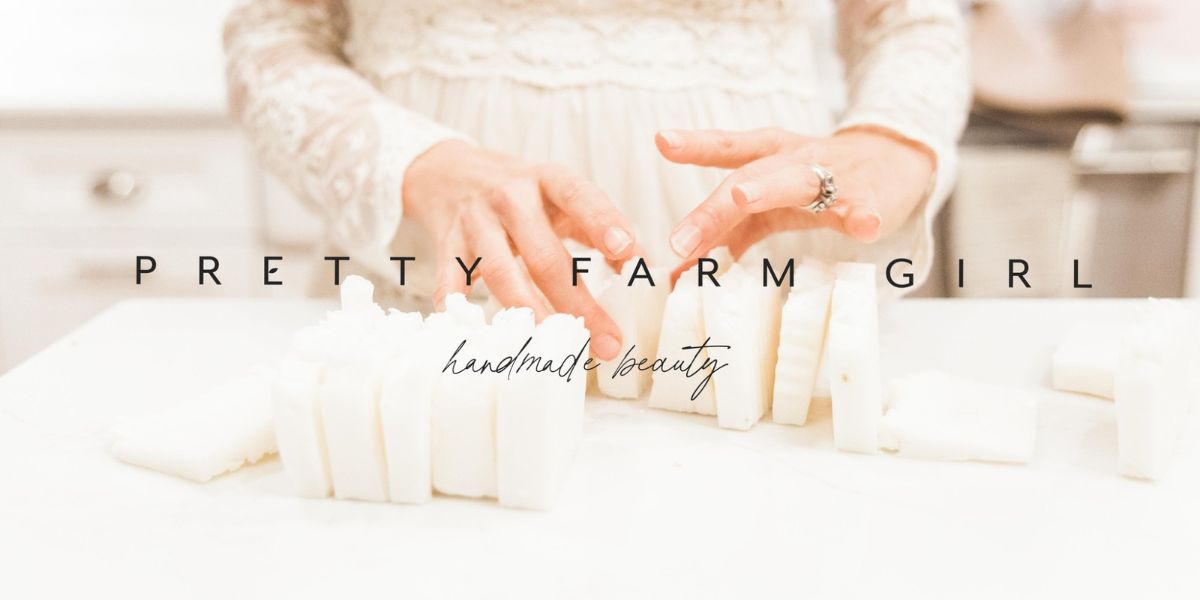In an era marked by fast fashion and rapid trends, the call for sustainability in the fashion industry grows louder by the day. As consumers become increasingly aware of the environmental and ethical implications of their purchasing decisions, they are adopting sustainability-inclined preferences.
According to a survey from McKinsey, 67 per cent of the surveyed consumers consider the use of sustainable materials to be an important purchasing factor. Surprisingly, the fashion industry has responded positively to this call. As suggested in a report by Gitnux, the ethical fashion market is expected to grow from $7,548.2 million in 2022 to $16,819.0 million in 2032 at a CAGR of 8.6%.
That said, in this drive for ethical fashion, small fashion brands are uniquely positioned to champion the cause of slow consumption and sustainability. These emerging fashion houses are showing the most promise in adopting greener methods and ethical approaches to design and production.
However, there is one thing that these brands direly need: support.
Enter Liliya Rogova Tippetts, a leading entrepreneur who is intersecting fashion and technology to support sustainable brands. With a vision to support small brands in their journey toward sustainability, Liliya is revolutionizing the industry through Porterium, a digital marketplace leveraging modern web and e-commerce technologies.
But, before seeing how she’s doing it, it is crucial to understand what exactly does it mean for small fashion brands to emphasize slow consumption and sustainability?
At its core, slow consumption encourages consumers to invest in quality, timeless pieces rather than succumbing to the allure of fleeting trends. This shift in mindset not only reduces the environmental impact of the fashion industry but also promotes a more conscious approach to consumption.
Small brands have a unique advantage in this arena, as they can prioritize craftsmanship, durability, and ethical production practices over mass production and fast turnover.
Sustainability goes hand in hand with slow consumption, emphasizing the need for brands to minimize their carbon footprint, reduce waste, and ethically source materials. From utilizing eco-friendly fabrics to implementing responsible manufacturing processes, small brands have the flexibility to integrate sustainability into every aspect of their operations.
This is where Porterium steps in. As a fashion and tech entrepreneur, Liliya recognizes the untapped potential of small brands in driving sustainable change within the industry. By providing these brands with a global platform like Porterium, she aims to amplify their impact and accelerate the shift towards slow consumption and sustainability.
So, how does Porterium support small and sustainability-focused brands?
Porterium offers a blockchain-powered platform that empowers brands to create more inclusive, transparent, and sustainable ecosystems. Through advanced marketplaces and peer-to-peer networks, the platform enables small brands to bypass traditional intermediaries, reduce costs, and forge direct connections with their audience.
This helps them build a solid customer base by showcasing their unique craftsmanship, sustainable practices, and quality in a more direct and authentic manner. Such an outreach can be a lifeline for small brands.
Besides that, Proterium also offers “digital stores”. These are virtual shared spaces created by the convergence of physical and digital realities, opening up endless possibilities for brands to engage with consumers in immersive and interactive ways.
From virtual fashion shows to digital try-on experiences, small brands can leverage them to showcase their creations, foster community, and drive sales while minimizing their environmental impact.
This way, they won’t require an extensive network of brick and mortar stores, and can leverage the virtual environment to give their customers an impeccable shopping experience.
“By fusing modern tech innovations with fashion, I believe Porterium can become a strong driver for small brands that uphold sustainability and slow consumption,” Liliya shared. Wrapping up, the convergence of fashion, technology, and sustainability represents a new frontier for small brands seeking to make a meaningful difference in the world. With visionaries like Liliya Rogova Tippetts leading the way, the future of fashion is where slow consumption and sustainability are not just buzzwords but guiding principles shaping the industry for generations to come.
Published by: Annie P.






